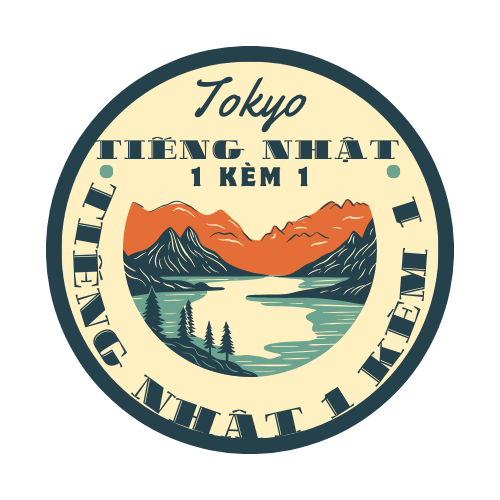Nootropics have surfaced as a buzzword in the world of brain health. Whether you’re a student pulling all-nighters, a professional juggling deadlines, or simply someone chasing peak productivity, nootropics claim to boost your brain.
So, what are nootropics really? These are either natural supplements or lab-made compounds that claim to give your brain a leg up. Whether it’s about remembering names or staying laser-focused at work, nootropics are in the conversation.
## Types of Nootropics
Let’s dig into the main types of nootropics:
### 1. Natural Nootropics
These include naturally occurring compounds that can boost cognition. Think of Ginkgo Biloba, Bacopa Monnieri, Rhodiola Rosea, Ashwagandha. These are often used for their antioxidant properties, stress-relief, and memory enhancement.
One cool example: Lion’s Mane, which helps rebuild nerve cells in your brain.
### 2. Synthetic Nootropics
You’ve probably heard of Modafinil—it’s the productivity pill from Silicon Valley. These aren’t your average supplements—they’re legit pharmaceuticals, often prescription-only.
Modafinil, for instance, is used to promote wakefulness, but it’s also used off-label to stay hyper-focused for hours.
### 3. Nutraceuticals & Vitamins
Some nutrients are the fuel your brain runs on. Omega-3 fatty acids (DHA), B-vitamins, magnesium, choline—all play vital roles. Sometimes your brain just needs hydration and the right micronutrients.
## How They Affect the Brain
Let’s talk chemistry Nootropics affect neurotransmitters, brain waves, and blood flow. All of this boils down to clearer thinking and better memory retention.
Acetylcholine is the big shot here—it’s key for memory and learning.
## Benefits of Nootropics
Here’s what users report:
– Sharper remembering
– Laser-like concentration
– More dopamine-driven energy
– Turbo-charged study sessions
– Calmer under pressure
Of course, not everyone reacts the same, but many report feeling “switched on”.
## What to Watch Out For
Not everything about them is golden. Some people experience insomnia, jitteriness, or headaches. Your brain’s not a test lab—be careful what you throw at it.
There’s a lot of snake oil out there. Always check third-party lab results and real user reviews.
## Nootropic Stacks
A popular practice is stacking—combining multiple nootropics for synergistic effects. Examples include:
– **Caffeine + L-Theanine**: Like espresso with a meditation app
– **Modafinil + Alpha GPC**: Serious workhorse blend
– **Bacopa + Rhodiola + Lion’s Mane**: Nature’s nootropic cocktail
Pre-formulated stacks like Mind Lab Pro, Alpha Brain, or Qualia are also gaining traction.
## The Users Behind the Pills
You’d be surprised who’s popping these pills. Common users include:
– Med school warriors
– Startup founders pulling 16-hour days
– Esports players
– Authors trying to get in flow
– Older adults preventing cognitive decline
## Beginner’s Guide
So how do you start? Follow these steps:
1. **Start small**: Try natural supplements first
2. **Research thoroughly**: Use PubMed, Reddit, and real reviews
3. **Cycle your usage**: Give your brain a breather
4. **Track your results**: Notice what improves and what doesn’t
5. **Talk to a doctor**: Especially if mixing with medication
## Final Thoughts
Nootropics aren’t magic pills, but they’re not pure hype either. Used responsibly, they may be the edge you’ve been looking for.
Curious enough to experiment wisely?
Read more: omeka.net (best nootropics cognitive enhancers)
